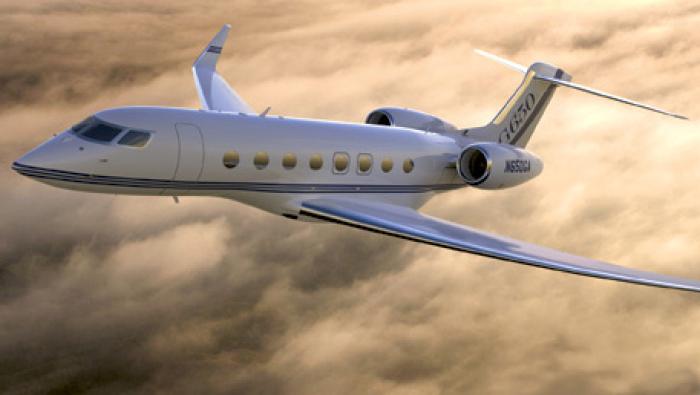The global aerospace industry received a boost in October with a record-breaking order intake covering 425 aircraft, marking the most prolific October on record and more than three times the orders achieved in the same month last year, according to UK aerospace industry group ADS. Orders for 404 single-aisle aircraft led the growth, driven by strong demand in Asian markets.
The increase in airliner orders has contributed to the order backlog rising to more than 14,000 for the first time since May 2019 and marks a recovery of the measure, which had declined from a peak reached in January this year. ADS estimates the value of the full backlog of orders to total up to £215 billion to the UK industry alone.
However, factors continuing to affect the global aerospace industry such as the global grounding of the Boeing 737 Max and Airbus’s own production difficulties involving its A320neo family mean aircraft deliveries remain behind the rate achieved in recent years. Airframers delivered only 97 aircraft in October 2019, down 30 percent on the same month last year. Due to a run of slow deliveries, last month ADS revised its forecast down to 1,164 aircraft deliveries in 2019.
Nevertheless, ADS chief executive Paul Everitt chose to highlight the improvement seen in October and the long-term prospects rather than the broader difficulties the industry now faces.
“The big increase in orders seen in October signals a return of confidence to the market as airlines invest in modern, technologically advanced and fuel-efficient aircraft,” he said.
“While deliveries this year remain behind original predictions, we expect a return to record production rates in years ahead as manufacturers work to fulfill the more than 14,000 aircraft orders now placed.
“The global aviation market is continuing to grow and there is an opportunity for the industry to continue raising the prosperity it generates around the UK. Ahead of December’s general election, we have asked political parties to build on the successful Aerospace Industrial Strategy, secure a close relationship with the European Union, and invest in long-term innovation to secure the economic benefits from new technology and create a more sustainable future.”







